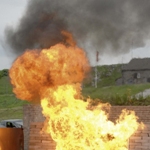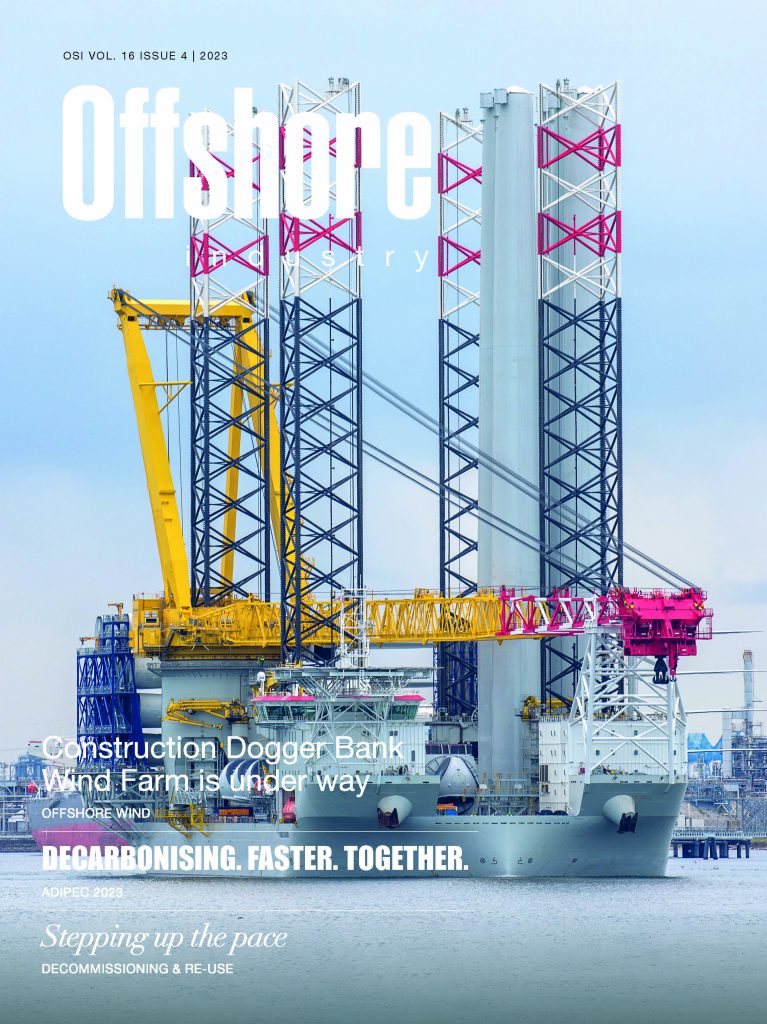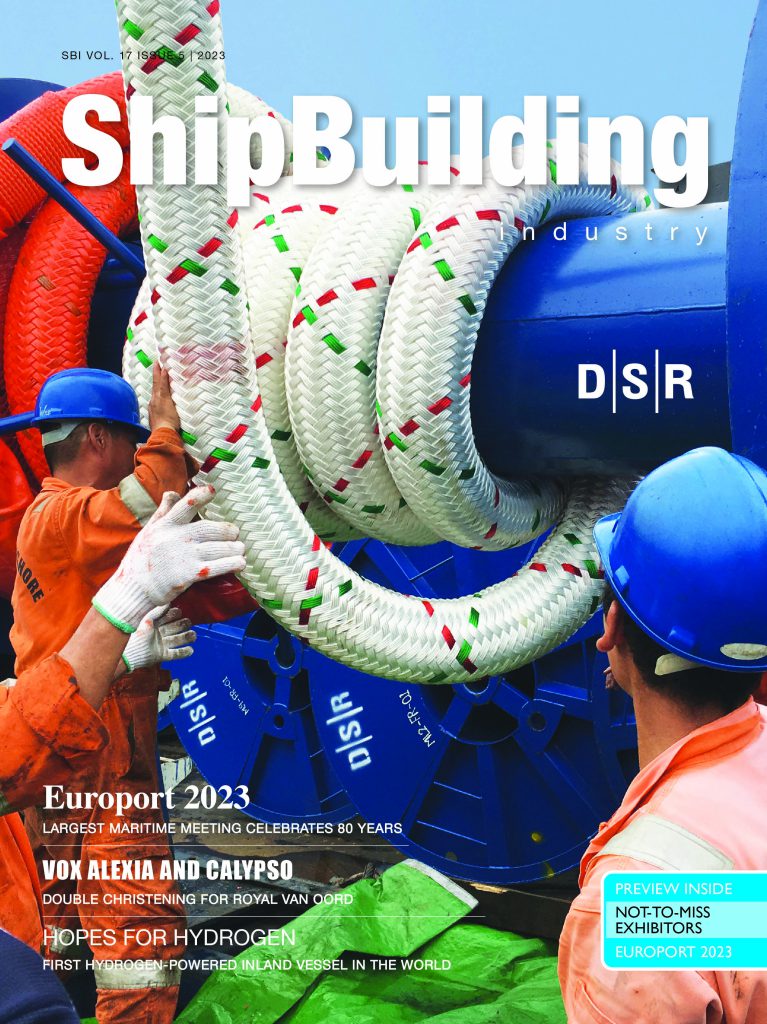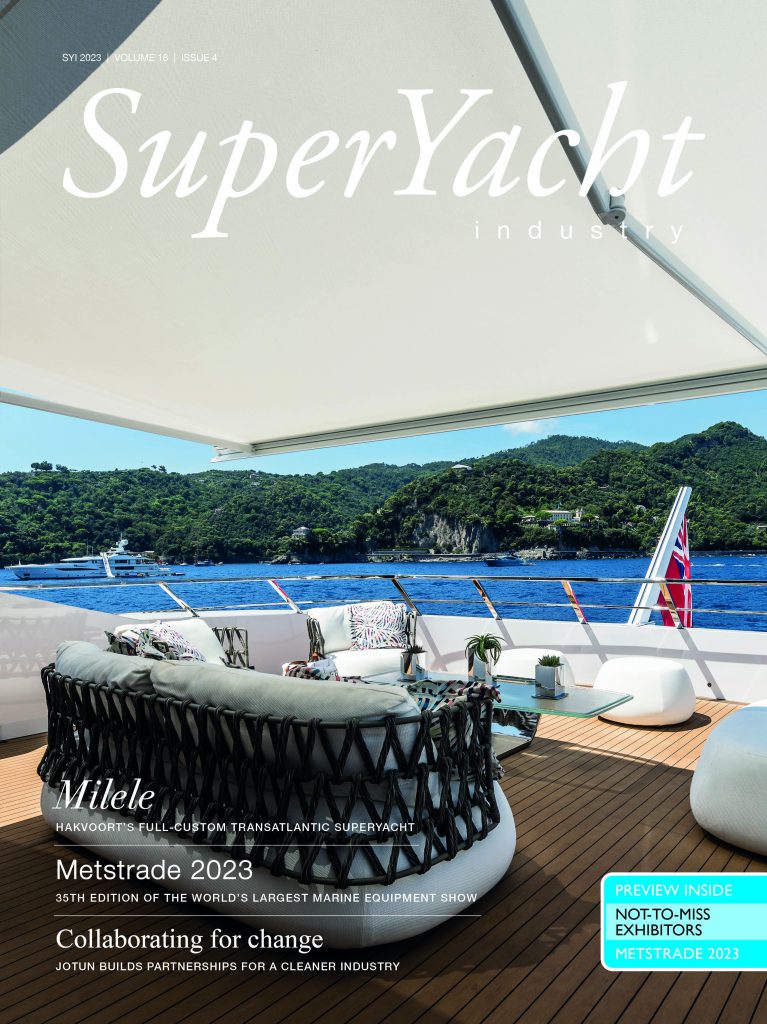NOFIRNO Withstands Two-Hour Jet Fire Test
 An uncontrolled discharge of combustible gas under pressure poses a serious fire hazard in areas such as petrochemical plants, offshore petroleum rigs and other environments that are sensitive to extreme fires. If high-pressure flammable gas, pressure liquefied gas or flashing liquid fuels are emitted at high velocity and ignited, the result will be a jet fire. Withstanding these jet fires is most demanding for a sealing system. Beele Engineering‘s NOFIRNO sealing system for multi-cable and pipe transits has successfully completed a jet fire test, in accordance with ISO 22899-1:2007 and ISO/CD 22899-2 for two hours at Health & Safety Laboratory at Buxton in England.
An uncontrolled discharge of combustible gas under pressure poses a serious fire hazard in areas such as petrochemical plants, offshore petroleum rigs and other environments that are sensitive to extreme fires. If high-pressure flammable gas, pressure liquefied gas or flashing liquid fuels are emitted at high velocity and ignited, the result will be a jet fire. Withstanding these jet fires is most demanding for a sealing system. Beele Engineering‘s NOFIRNO sealing system for multi-cable and pipe transits has successfully completed a jet fire test, in accordance with ISO 22899-1:2007 and ISO/CD 22899-2 for two hours at Health & Safety Laboratory at Buxton in England.
Despite the jet speed of about 360 km/hour, causing high erosive forces, and the flame temperatures of about 1200 °C, the temperature rise measured on the surface of the NOFIRNO sealant at the unexposed side was only max. 160 °C. This proves the high thermal insulation values under fire load of the NOFIRNO sealing system. After dismantling it was noticed that the NOFIRNO filler sleeves were not consumed by the fire and were even hardly affected by the fire. Based on the positive outcome of this harsh fire tests, BEELE Engineering will apply for Jet Fire Certificates. The jet fire test was recorded on DVD; copies of the DVD can be ordered via Beele Engineering.
NOFIRNO is also tested on full scale bulkheads and decks in accordance with IMO Res. A.754(18). An EC (MED) certificate according to the European Union Council Directive 96/98 EC on Marine Equipment has been issued by Det Norske Veritas. The system has also been tested for H-class partitions and has obtained a Type Approval Certificate of Det Norske Veritas as well. Important is that both for A-0 and H-0 class the system has been tested without any insulation. For building and construction applications RISE/NOFIRNO has been tested according to EN1366-3:2004 and classified according to EN 13501-2:2003 for a fire rating of two hours (fire class E120 (flame resistance) and EI120 (flame resistance and thermal insulation) and lately in-house for a four hours fire rating.






